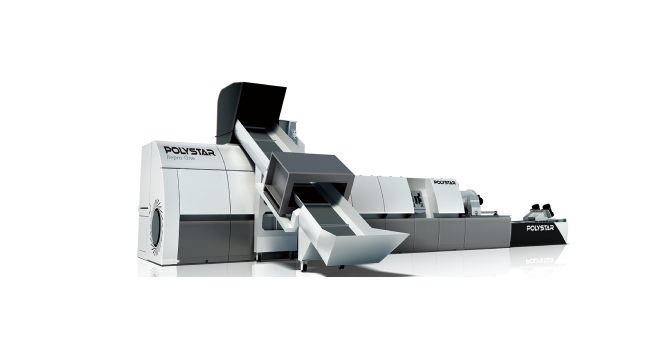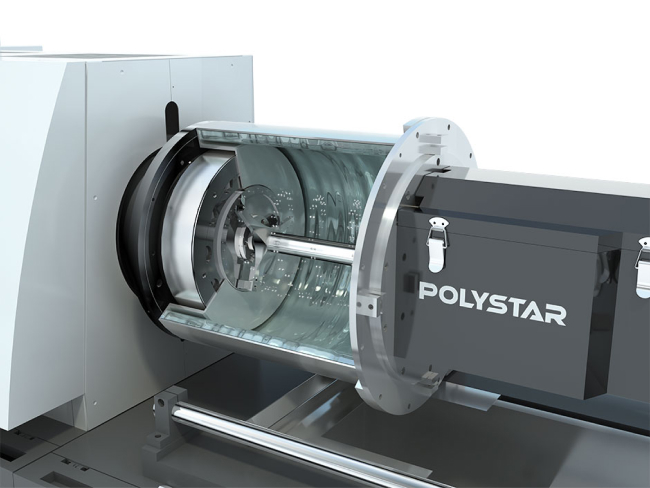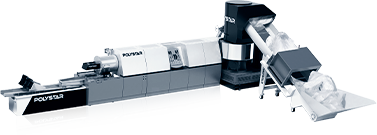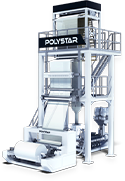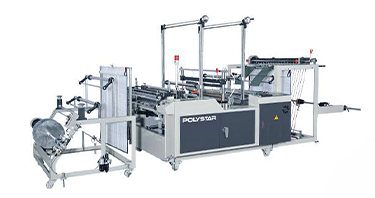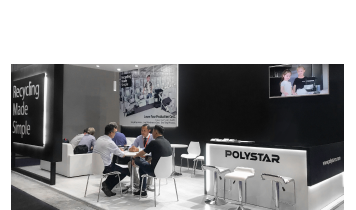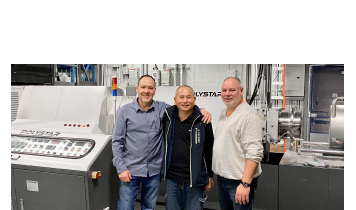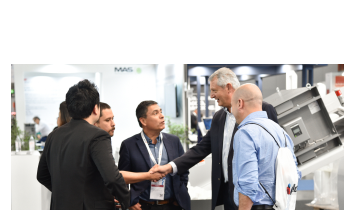We use cookies and other tracking technologies to improve your browsing experience on our website, By clicking "Accept All," you agree to allow cookies to be placed to enhance your browsing experience on this website to show you personalized content and targeted ads, to analyze our website traffic, and to understand where our visitors are coming from. You can manage your cookie settings below. Clicking "Confirm" indicates your agreement to adopt the current settings.
Raffia Producer Now Recycles in One Step
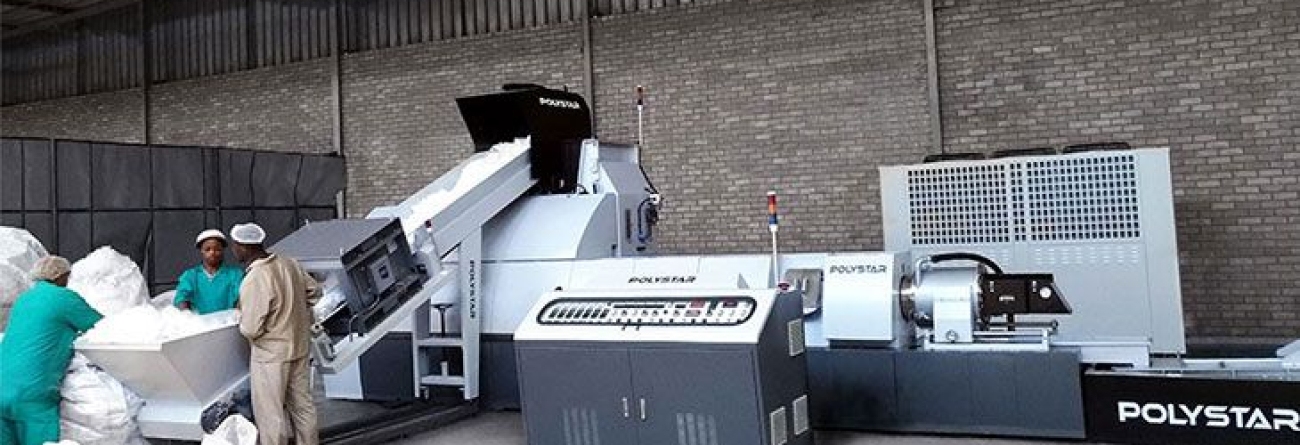
How to recycle PP raffia efficiently?
- Difficult to process in one single step due to size and strength of the material waste (ex. FIBC, jumbo bags and bulk bags). When recycling has to be done in several processing steps, it is not cost-effective for the producers in terms of labor, electricity, and occupying too much factory space.
- Difficult to retain material property (strength and elasticity) after recycling in which the material degrades excessively and therefore, the reusability of the recycled pellets back into the production lines is relatively low.
- Difficult to process heavily printed woven bags (for example AD*STAR bags and cement bags) as the degassing and screw design of the recycling machine is not ideal for this type of material with extra amount of ink.
__23L05K4mNN.jpg)
One-step, simple solution for raffia/woven recycling
One-step, Simple Solution for Raffia/Woven Recycling
POLYSTAR’s Repro-One recycling machine provides solutions to the above problems with the following features:
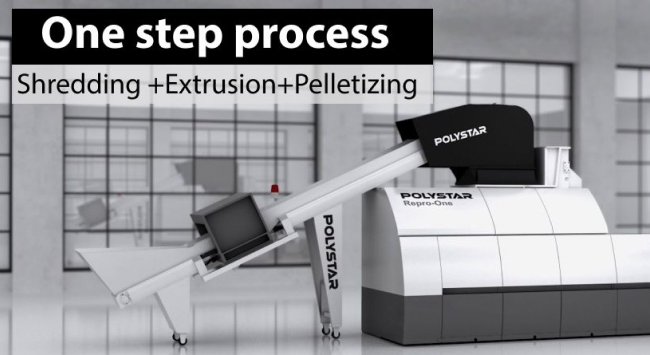
1. One step process with shredder + extruder + pelletizer
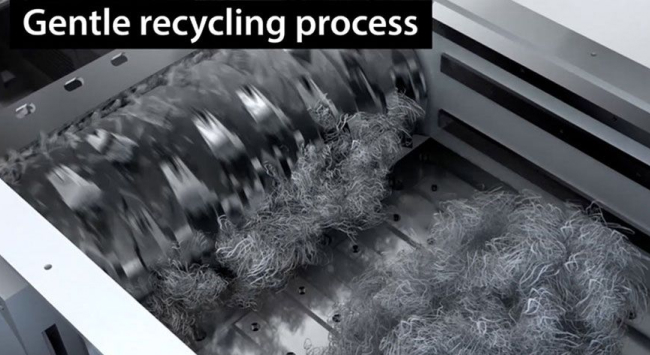
2. Low processing temperature in the single shaft shredder:
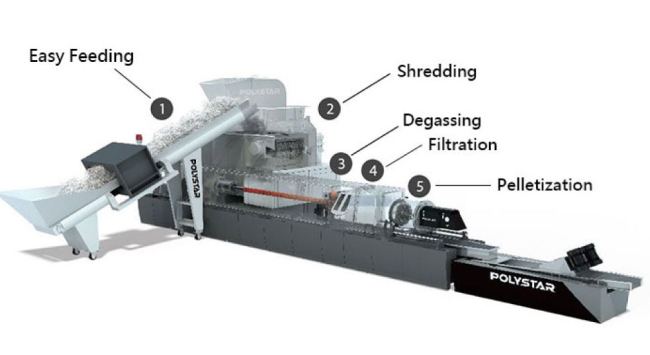
3. Specialized degassing and screw design for processing heavily printed bags
Repro one has a high-efficient degassing and specialized screw design that can process heavily printed woven bags efficiently and obtain good quality pellets.
Raffia Producers Who Recycle In-house have many Advantages
-
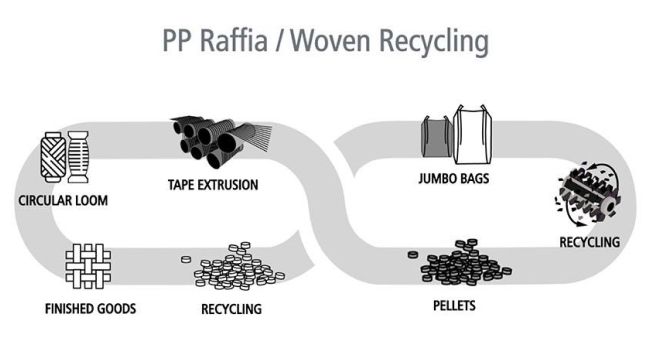 ( Plastic packaging in the circular economy – Raffia and woven sector: FIBC recycling, bulk bag recycling, jumbo bag recycling)
( Plastic packaging in the circular economy – Raffia and woven sector: FIBC recycling, bulk bag recycling, jumbo bag recycling) -
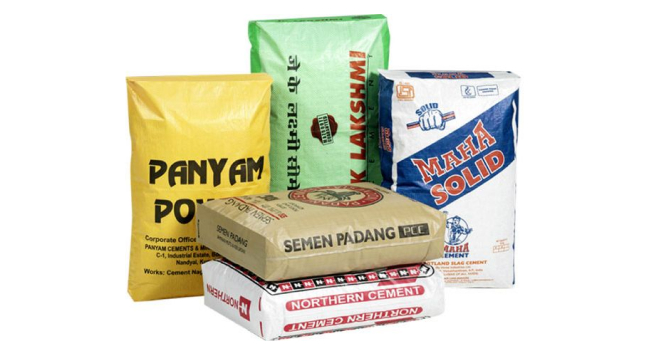 ( Heavily printed woven bags are usually more difficult to recycle and reuse in post-industrial applications )
( Heavily printed woven bags are usually more difficult to recycle and reuse in post-industrial applications )
62 raffia recycling machines installed in India. 257 worldwide
Many PP raffia and woven producers have already seen the benefits of doing in-house recycling using the Repro-One, including producers in Argentina, India, Indonesia, Mexico, Philippines, Saudi Arabia, Thailand, Turkey and many others.
Amongst the 62 installations in India, one of the Indian producers has already installed 5 sets of Repro-One at 5 different factory locations, since the first installation back in 2015. “It is cost saving and our operators find it very easy to run and maintain the machines,” said Mr. Kumar, director of Kolkata-based jumbo bag producer, “the shredder integration is definitely the best choice for raffia and woven application,” he added, explaining the reason why they decided to add the second, third, fourth and fifth machine in 2017, 2018, 2019 and 2020. “We produce all types of products with different sizes and shapes, including cement bags, sugar bags, fertilizer bags, mesh bags (for packing onion, ginger, garlic, potato), the machine can handle it all with ease.” “We also recommended the machine to our friends in the industry who produce mosquito and construction net, and they are very happy using the machine as well.”
The high quality pellets ensure easy reuse back again in the production process for raffia, non-woven, and Ad*Star block bottom heavily printed bags. The reusability of the PP recycled pellets is particularly high with the Repro-One recycling machines, raffia producers can use between 20% to 100% recycled pellets back into the production line depending on the final product requirement.
Simple-to-use, automatic pelletizing system for PP
The die face cutting design of the Repro-One is designed specifically to work with PP (Polypropylene) material:
- Automatic pelletizing speed adjustment
Prevents pellets sticking due to higher melting index of PP material. Produces more uniform-sized pellets without labor intervention. - Automatic blade pressure adjustment
Allows the pressure between the pelletizing blades and the die head to remain constant. As a result there is less machine downtime, easier and faster to change blades.
The pelletizing system of the Repro-One prevents PP pellets from sticking to one another, ensuring stable production and output without having to constantly stop the machine for adjustment.
Efficiency and Reusability Go Up. Cost Goes Down.
In the case of a woven sack producer who used to recycle using off-line shredders and agglomerators before feeding the material into the extruder. Ever since having installed the Repro-One 100, the producer has reduced the operation cost by 30%.
